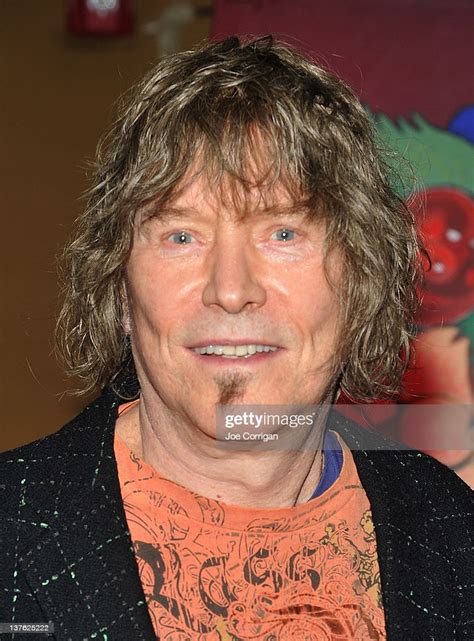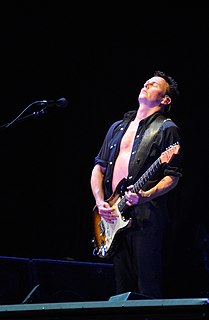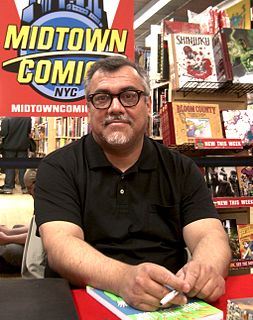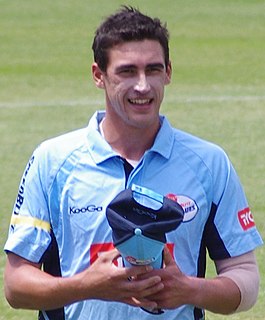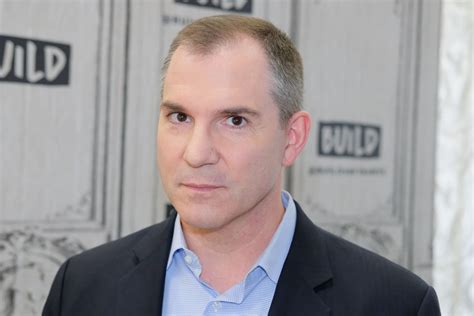A Quote by James Rado
I think I started out trying to be very objective about the flow of the play.
Related Quotes
I'm trying to discover - invent, I suppose - an architecture, and forms of urban planning, that do something of the same thing in a contemporary way. I started out trying to create buildings that would sparkle like isolated jewels; now I want them to connect, to form a new kind of landscape, to flow together with contemporary cities and the lives of their peoples.
When I was about 15 I had already been recording on my four track in my room, but I couldn't find anyone in my town to be in a band with me. I was in a band very briefly with a bunch of guys and they kicked me out because they wanted to play grindcore. I think they didn't think I could tread hard enough or something. So I started playing solo.
For me, in trying to talk about something like policing, it's such a huge issue, and it's an issue that's very local and very personalized to communities, to cities, to legislators, and so, in that way, I think as we started looking into talking about policing, the thing that you realize is that you can't paint everything with the same brush.
I started going blind and my optic nerves of my eye started giving me tunnel vision. I also started fainting a bit and struggling to think. I felt a lot of pressure in my head all the time. That was when it got too much. I'm in a very, very fortunate position now where I've had it taken out once. And now it's back I'm being monitored. I think people at home should be checked for this.
Wars are fought to gain a certain objective. War itself is not the objective; victory is not the objective; you fight to remove the obstruction that comes in the way of your objective. If you let victory become the end in itself then you've gone astray and forgotten what you were originally fighting about.
Even if you're trying to remain objective, even if you're trying not to mount any campaigns or endorse anything, when you cover an issue you are at least encouraging people to think about all the possibilities and if you're not covering political reform, electoral reform, you can write stories about them that don't say we must do this but just educate people on the fact that there are various advocates who are tugging us in that direction, that can present the arguments of those advocates, and I do think that's an issue we for some reason completely turned away from.
To be very fair, it was Ian Marsh and Martyn Ware who started The Human League. They brought Philip Oakey in to sing, primarily because Philip was very tall. So it started out as their vision. I don't think anyone ever thought it would be as big as it became. Music evolves and people were looking for something different. We came out at the right time and were just very lucky.
